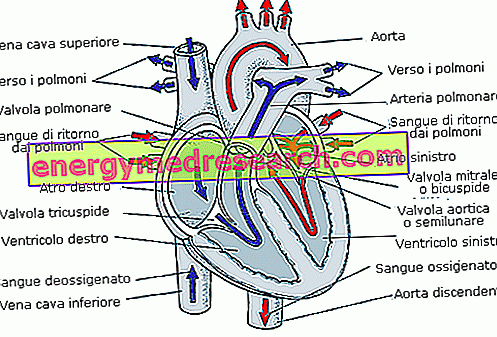BENERVA ® is a thiamine-based drug
THERAPEUTIC GROUP: Vitamin supplements: thiamine
IndicationsAction mechanismStudies and clinical effectiveness Usage and dosage instructionsWarnings Pregnancy and lactationInteractionsContraindicationsUndesirable effects
Indications BENERVA ® - Thiamine
BENERVA ® is indicated for the treatment of thiamine deficiency and alcohol neuropathies and myopathies.
Mechanism of action BENERVA ® - Thiamine
Thiamine, also known as vitamin B1, is a water-soluble vitamin that is particularly important for the control of nerve and heart function.
Taken mainly through foods such as legumes and cereals, it is absorbed by the intestinal mucosa through a sodium-facilitated transport process, and distributed mainly in organs such as the spinal cord, the brain and the heart.
Here, in the form of ester and tri-phosphate, it acts as an important coenzyme in decarboxylation reactions of pyruvate and of various amino acid derivatives, useful in obtaining ATP, hence energy from various foods.
Its deficiency, currently present mainly in developing countries in the form of malnutrition and in industrialized countries as a result of alcoholism, determines the onset of a pathological condition known as beriberi characterized by neuropathies affecting the lower limbs, weakness muscle, convulsions, cardiovascular manifestations such as cardiac hypertrophy, tachycardia and severe edema and in severe cases, encephalopathy and psychosis.
Studies carried out and clinical efficacy
1. TIAMINA AND CHRONIC CARDIAC INSUFFICIENCY
This study suggests that thiamine supplementation may have benefits on heart function in patients with chronic symptomatic heart failure treated with diuretics.
2. TIAMINA SUPPLEMENTATION REDUCES ENDOTELIATE DAMAGE IN DIABETIC PATIENTS
The administration of thiamine could prevent vascular pathology, characterized by oxidative stress and endothelial damage, in diabetic patients thus reducing the risk of angiopathic and cardiovascular complications.
3. THE THIAMINE IN THE TREATMENT OF DIABETIC NEPHROPATHY
Thiamine supplementation has been shown to be effective in reversing diabetic nephropathy, especially in the early stages of the disease. This property could be determined by the restoration of renal tissue concentrations of vitamin B1, compromised in the diabetic pathology.
Method of use and dosage
BENERVA ®
Gastro-resistant tablets of 300 mg of thiamine hydrochloride;
Solution for injection for intramuscular use from 100mg of thiamine hydrochloride per ml of solution:
the treatment of severe deficiency syndromes of vitamin B1, involves the intake of 300 mg - 600 mg of thiamine per day in different administrations.
In less serious cases, instead, 100 mg of vitamin B1 a day are sufficient to restore the correct balance.
Thiamine should be used parenterally, in cases of intestinal malabsorption or in the rapid treatment of acute symptomatological deficiencies.
Warnings BENERVA ® - Thiamine
Clinical practice shows that injecting thiamine intake may be associated with a greater risk of allergic reactions and anaphylactic shock.
Alcohol abuse is often associated with thiamine deficiency states due to both reduced dietary intake and impaired bowel absorption capacity.
PREGNANCY AND BREASTFEEDING
Given the absence of clinical trials and studies in this regard, it is not recommended to use BENERVA ® both during pregnancy and in the subsequent breastfeeding period.
Interactions
A reduction in blood concentrations of thiamine was observed in epileptic patients treated with anticonvulsant therapy for prolonged periods of time, while the administration of furosemide could increase the renal excretion, via the urine, of this vitamin.
Chemotherapeutic drugs such as florouracil 5, could instead inhibit thiamine phosphorylation, compromising its normal biological activity.
Contraindications BENERVA ® - Thiamine
The use of BENERVA ® is contraindicated in case of hypersensitivity to the active ingredient or to one of its excipients.
Undesirable effects - Side effects
Despite the intake of thiamine, according to the appropriate medical prescriptions, it is devoid of particular side effects, prolonged administration or performed at high dosages, could be associated with the appearance of nausea, vomiting and abdominal pain.
In rare cases, parenteral administration of vitamin B1 has preceded the appearance of anaphylactic reactions, such as itching, angioedema, urticaria, tachycardia and breathing difficulties.
Note
BENERVA ® in gastro-resistant tablets is a drug on free sale, while the sale of BENERVA ® in injectable solutions requires a medical prescription.



